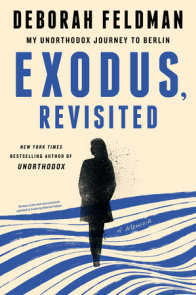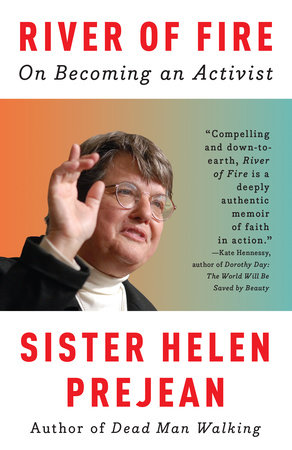

Exodus
By Deborah Feldman
Read by Deborah Feldman
By Deborah Feldman
Read by Deborah Feldman
Category: Biography & Memoir | Religion | Audiobooks

-
Mar 25, 2014 | ISBN 9780698135840
448 Minutes
Buy the Audiobook Download:
YOU MAY ALSO LIKE
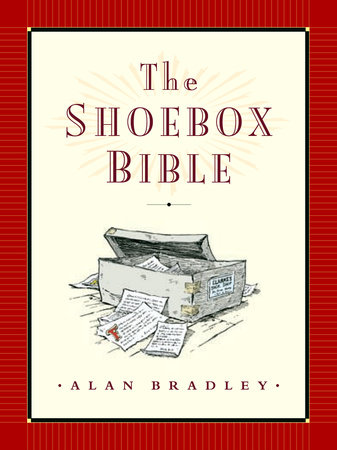
The Shoebox Bible
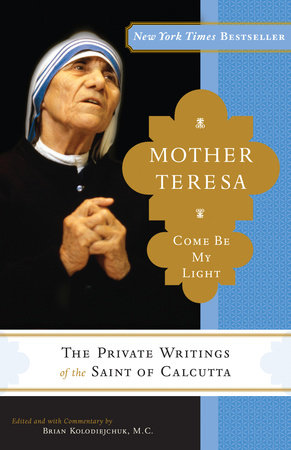
Mother Teresa: Come Be My Light
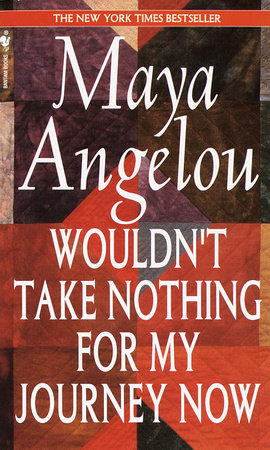
Wouldn’t Take Nothing for My Journey Now
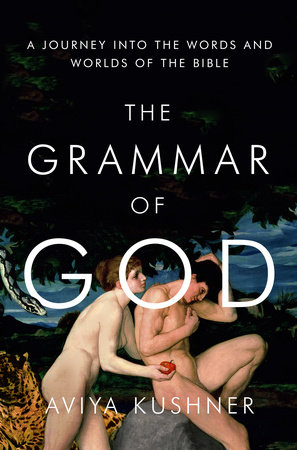
The Grammar of God
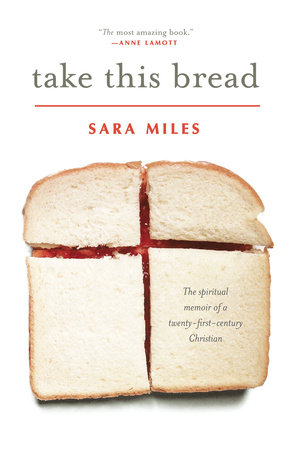
Take This Bread
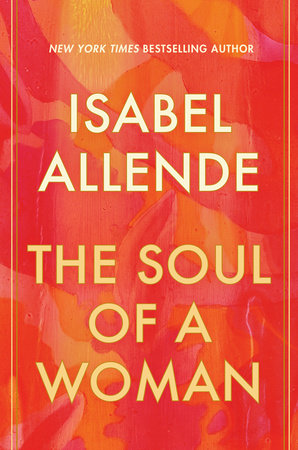
The Soul of a Woman
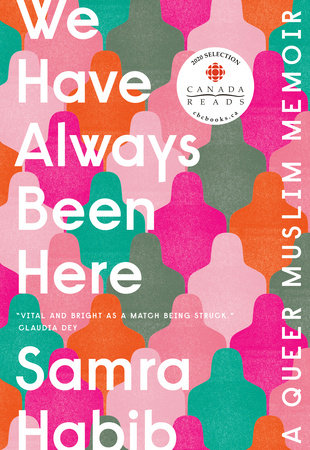
We Have Always Been Here
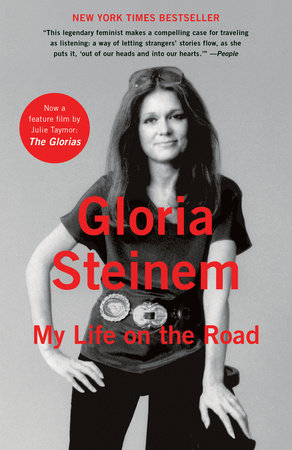
My Life on the Road
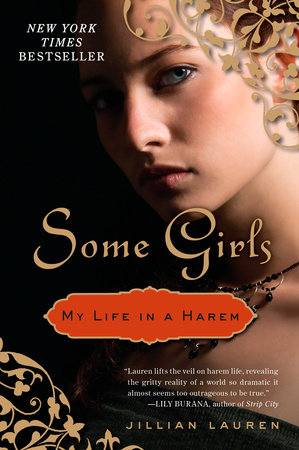
Some Girls
Praise
Praise for Exodus
“One woman’s search to understand herself and her Jewish heritage. . . . Rich in details of Jewish life and the lives of her grandparents in the World War II era, [Feldman] sensitively portrays the inner struggles of accepting the pervasive feeling of survivor guilt and her own desires to understand the woman she was becoming. . . . An enthralling account of how one Orthodox Jewish woman turned her back on her religion and found genuineness and validity in her new life.”—Kirkus Reviews
“Feldman’s journey is undeniably and explicitly Jewish, but the aching need to find both a welcoming community and a sense of individuality is one that readers from all walks of life will be able to identify with. Those left unsatisfied with the abrupt ending to Unorthodox will enjoy the more hopeful conclusion to Feldman’s second book as well as her more mature and increasingly eloquent writing style.”—Booklist
“Overall, Exodus is a satisfying sequel to Unorthodox, which shows how Deborah Feldman went on to the next step after getting her own freedom from the bonds of a strictly insular society. . . . [A] chronicle of a continuing journey of self-discovery . . . There are many satisfying finds and revelations along the road, but there are also plenty of bumps, frustrations, disappointments, and pitfalls, which is expected when one spends their formative years being closed off from the rest of the outside world, and is confined to the boundaries of a Brooklyn neighborhood. . . . This book is more about the liberation of Deborah Feldman, and how she copes with this newfound sense of freedom and self-discovery, that can be a shock to some, or a declaration of independence for others.”—Stuart Nulman, Montreal Times
“In her first memoir, Unorthodox, Feldman made the courageous choice to cut off ties with her family and the Satmar community of Williamsburg, Brooklyn. . . . Now a divorced woman in her twenties, Feldman chronicles the next phase of her life in her new book [Exodus]. . . . A quest of self-discovery . . . Some of the most powerful scenes come when Feldman retraces the path of her female ancestors in Hungary and confronts the anti-Semitism of contemporary Europe. . . . Feldman ultimately discovers that her rightful place is wherever she happens to be.”—The New York Times Book Review
21 Books You’ve Been Meaning to Read
Just for joining you’ll get personalized recommendations on your dashboard daily and features only for members.
Find Out More Join Now Sign In








